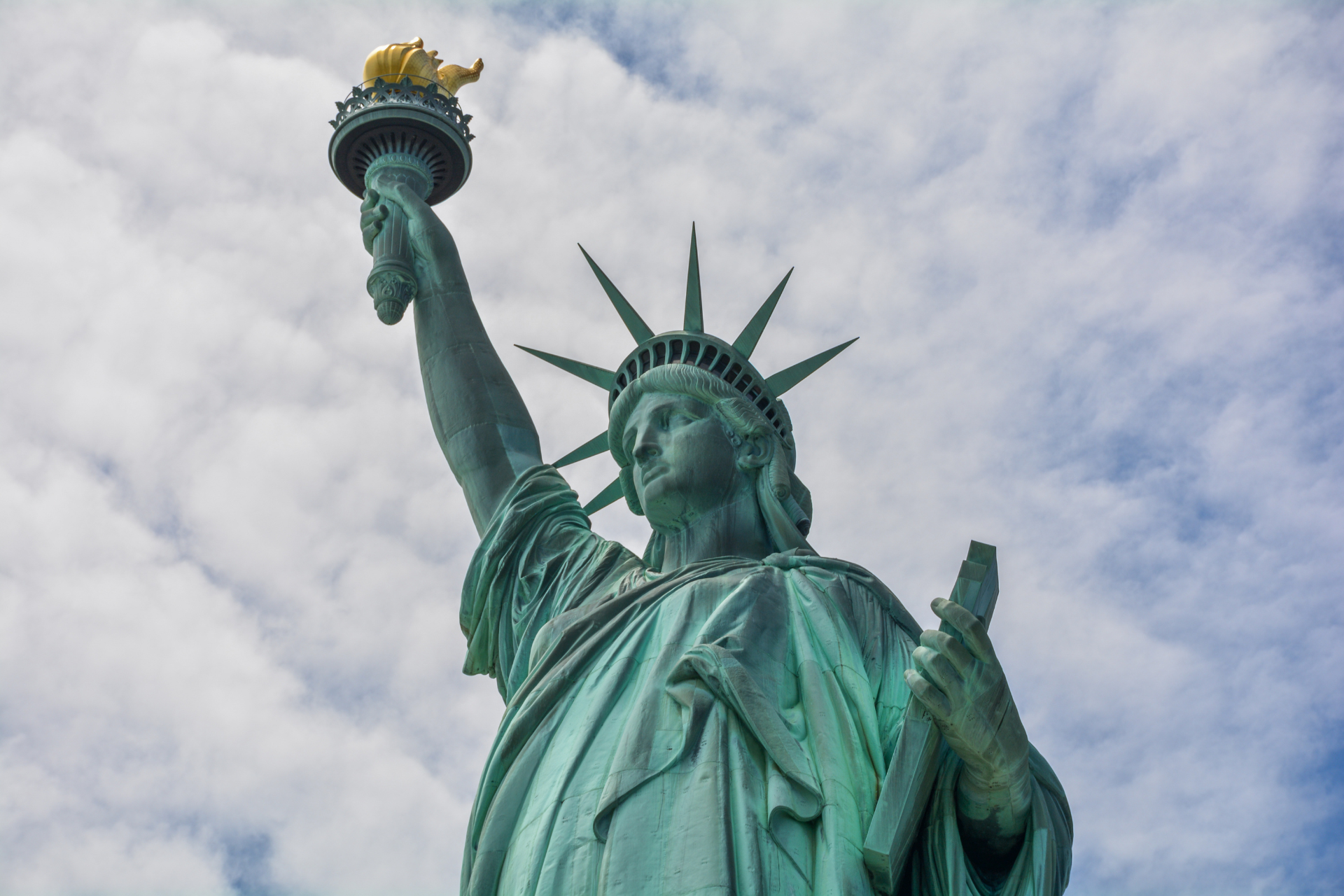It is not often that the Supreme Court weighs in on the constitutional angles of Puerto Rico’s status as a territory of the United States – a topic of increased attention as the November 6 plebiscite approaches.
The court most famously considered this issue in the early 1900’s, during the well known “Insular Cases,” in which it determined that individuals living in Puerto Rico, despite being American citizens, do not have full constitutional rights because the island is an unincorporated territory.
On May 14, 2012, the Supreme Court continued its silence by declining to review a lower court’s ruling that the United States is not obligated to provide Congressional representation to Puerto Rico under the U.S. Constitution. By doing so, it reinforced current inequalities for U.S. citizens living in Puerto Rico.
In Igartúa v. United States, Gregorio Igartúa and several other Puerto Rican residents sued the United States, arguing in part that the United States’ participation in the International Covenant on Civil and Political Rights requires Congress to apportion Puerto Rico voting representation in Congress.
Article 25 of the Covenant states that “[e]very citizen shall have the right and the opportunity . . . [t]o vote and to be elected at genuine periodic elections which shall be by universal and equal suffrage.”
The United States Circuit Court of Appeals for the First Circuit held that the treaty is not binding as a matter of domestic law and, even if the treaty were binding, the Constitution would prohibit Congress from apportioning Puerto Rico a representative because Puerto Rico is not a state.
The Court explained that Article I of the Constitution grants “the People of the several States” the ability to vote for Representatives and specifies that “Representatives . . . shall be apportioned among the several States which may be included within this Union, according to their respective Numbers . . . .” Because Puerto Rico is a territory and not a state, the U.S. citizens living in Puerto Rico cannot have proportional voting representation in Congress. Further, the court ruled that Puerto Rico may only become a state by the methods proscribed in the Constitution, and not through the United States’ participation in a treaty.
Although courts have been able to treat Puerto Rico as the functional equivalent of a state for some constitutional purposes, Iguartúa precludes the courts from treating Puerto Rico as a state with respect to its voting representation in Congress.
In his dissenting opinion during an earlier stage in the litigation, Judge Juan Torruella described Puerto Ricans’ inability to elect a member to the House of Representatives as “a most unfortunate and denigrating predicament for citizens who for more than one hundred years have been branded with a stigma of inferiority, and all that follows therefrom.”
The Supreme Court’s decision to let Iguartúa stand reinforces the inequality between U.S. citizens of Puerto Rico and those who live in one of the fifty states. The decision also continues the roughly 100 years of silence that have passed since the Insular Cases established limits on Puerto Rico’s rights within the broader U.S. — limits that appear poised to continue as long as Puerto Rico remains a territory.


